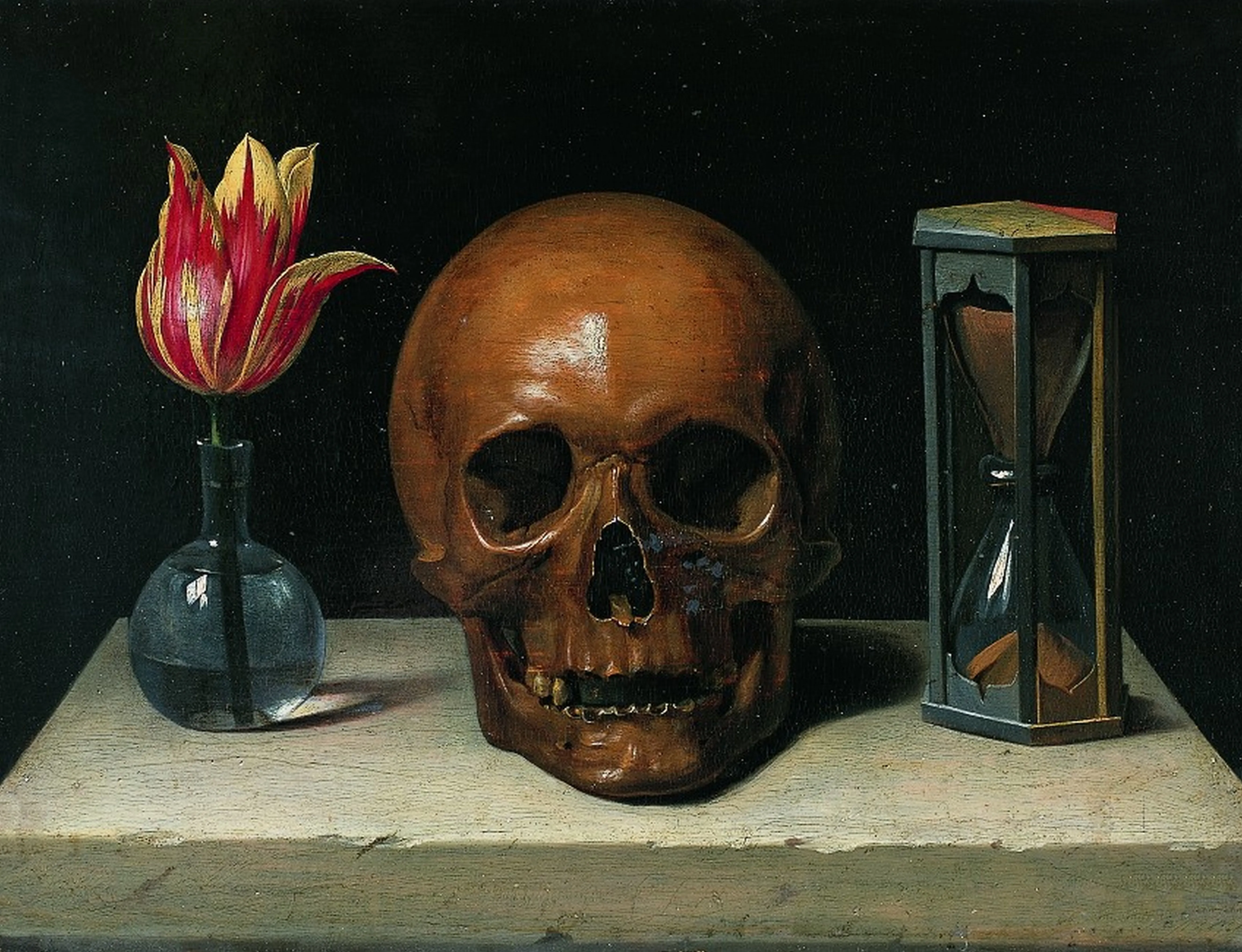
How to debug oneself
Our current job or career will have an end. How to make the most of it? Marcus Aurelius wrote in Meditations, “You could leave life right now. Let that determine what you do and say and think”. The Stoics use death or a memento mori as a tool to figure out priorities. Let’s see what we can learn from them.

Review and introspect
Like code, your thinking and habits can be debugged to find flaws and limitations.
“I shall keep watching myself continually, and — a most useful habit — shall review each day. For this is what makes us wicked: that no one of us looks back over his own life. Our thoughts are devoted only to what we are about to do. And yet our plans for the future always depend on the past.”
— Moral letters to Lucilius, Letter 83.2
Stoic loves learning from the past. Only through reflection can we understand what we want from life and what to do to get close to our aspirations. Stoics advocate for journaling and keeping a record of decisions. What went well, wrong, and what are the things we should be grateful for? Journaling is a difficult habit to pick up and sustain. But it’s worth thinking of finding a way and a format that you are comfortable with. I find using cheap notebooks and a pencil less intimidating. Also, prompts can help kickstart your daily review. These are the ones I use:
- What did I achieve that I’m proud of today?
- What did I learn today?
- What went well?
- What went wrong?
- Where did I waste time?
Look internally and review actions and decisions that happened during the day. What can you improve? What habits can you change or leverage? For example, by finding where you wasted time today, you might get an idea of how to improve your setup, tools or ways of working. By using this feedback loop, you will do better and better at your task — effectiveness compounds.
For example, I’ve found myself trying the same solution to a problem multiple times without success. Why did I try the same solution again? I forgot I did, and I wasted time. Now I get into the habit of writing down what I tried and the steps to get there. Having a log is helpful when picking up work again after the weekend.
Focus on the essential
The Stoics wrote about Apatheia and Ataraxia which translates into equanimity. Because our time is limited, we must focus on what is essential and keep clear from strong emotions and the drama of life.
“To be like the rock that the waves keep crashing over. It stands unmoved and the raging of the sea falls still around it.”
— Marcus Aurelius, Meditations
It is easy to get carried away from what is essential as a developer. There will always be bugs, meetings, and new technologies. Of course, it is crucial to keep oneself up to date, but the Stoic developer will stay clear from the latest framework and the latest trends. A well known and proven framework or way of doing things is good for productivity and security. People just get excited by new things and will keep talking on and on, showing how well informed they are. The famous Fear of missing out hits you hard. Know what is important to you because mastery and expertise will bring you more in the long run.
“A key point to bear in mind: The value of attentiveness varies in proportion to its object. You’re better off not giving the small things more time than they deserve.”
— Marcus Aurelius, Meditations
Temperance is another practice of the Stoics. You will be distracted by meetings, random requests from management, all hands, etc. Distractions or being involved in too many projects is not conducive to productivity or sound thinking. It leads to stress and is counterproductive. Also, committing to too many things steers you away from your goals. You lose focus on your plans and where you want to go. It’s hard to say no but saying no is one of the best workplace skills. Always ask why you should do something. I’m I pressured to do this thing? What happens if I say no?
You have to be fully present to do the best work. Take the courage to be free from the noise by making some changes and setting personal boundaries. Write them down. Things you could do:
- Disable notifications
- Decline almost all meetings
- Read less news or sites like Twitter or Hacker News
- Take only two concurrent tasks or projects at a time
- Block time in your calendar with meetings that only include yourself
“How many have laid waste to your life when you weren’t aware of what you were losing, how much was wasted in pointless grief, foolish joy, greedy desire, and social amusements — how little of your own was left to you. You will realise you are dying before your time!”
— Seneca, On the Shortness of Life
Conclusion
Thinking about our end is not fun, but we can take inspiration from the Stoics to help us find what we want from life and our careers. Maybe you can use a painting or an object as a Memento Mori to remind you about focusing on the essentials and what makes you happy. I’ve set the Still-Life with a Skull painting as a desktop wallpaper.
This article is part of a series on the Stoic Developer; you might also like reading the following: